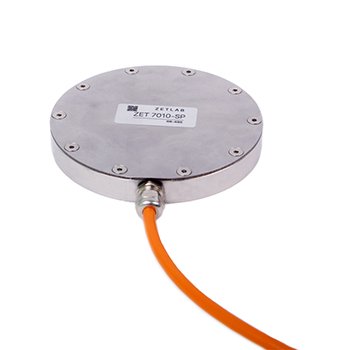Industry sensors and measuring instruments are essential components of a process control system. They are necessary to obtain information on the operation of industrial equipment and production automation.
What physical quantities are measured using digital sensors
Sensors, or otherwise sensors, are part of measuring, regulating, signaling, control devices. Today, the industry is most in demand for sensors that measure the following physical quantities:
- temperature;
- volume and mass flow;
- pressure;
- mass;
- volume;
- level;
- electrical voltage and current;
- time.
Measurement takes place by converting the input action of a controlled physical quantity into a signal convenient for registration and subsequent use (storage, transmission, processing).
Here you need to take into account that on industrial sensors is influenced not only by the measured physical quantity. Working in harsh industrial conditions, sensors are simultaneously influenced by other physical quantities that characterize the operating environment. These values are interference. For example, when measuring the temperature of a gas stream, its pressure and velocity will interfere. Sensors are required to respond strictly to a given value and ignore other values.
What characteristics are taken into account when choosing industrial sensors
How correctly the sensor will cope with its task is determined by its technical, metrological and operational characteristics, which are indicated in the accompanying documentation. For example, when choosing a digital strain gauge strain gauge, the following metrological characteristics are taken into account:
- measuring range;
- sensitivity;
- precision;
- registration range;
- valid overload range;
- hysteresis value;
- repeatability.
The measuring range means the range of values of the measured quantity, in which the error limits are normalized. Sensitivity refers to the ability of sensors to respond appropriately to changes in input values. The digital gauges are highly accurate. This means that they show the value of the measured value, which, with a minimum error, corresponds to the true value. The sensors must be used strictly for their intended purpose, which will help to avoid errors and allow obtaining correct measurement results.




